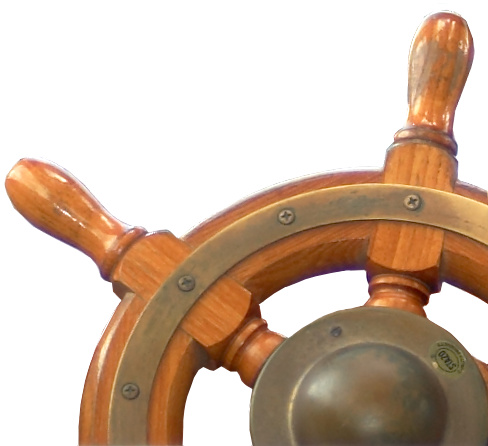The UBC Good Practices Database was developed to answer to the need of local authorities to find practical examples complemented with suitable tools. The practices cover sustainable development in cities including all topics from transport to health and from social aspects to economic instruments - all dimensions of the Aalborg Commitments. (The Database was archived)
In the database you find examples, experiences and inspiration of what other cities and municipalities have done. These examples tell how the cities succeeded, sometimes with small effort, but great creativity, to speed up the sustainable development in their area, e.g by involving the citizens in the decision-making or creating huge campaigns about how to travel to school safely and environmental friendly. In the database contact details are provided so that further exchange of information is easily possible.
Background
Through the ages seamen have sailed the Baltic Sea and steered their ships through shoals and storms. Steering the wheel has helped them to avoid disastrous wrecks and to reach the aimed destination.
The same way our WHEEL helps us to navigate towards clearer waters, offering our cities the chance to head to the right direction of sustainability.
The UBC Good Practice Database (ubcwheel) was developed to answer to the need of local authorities to find practical examples complemented with suitable tools. The database was launched in March 2009 with 300 good practice examples in English and Russian. The Good Practice Database was created as part of the MATRUSCHKA project (2007-2009).
Co-funders
The UBC Good Practice Database has been produced with the financial assistance of the European Union (European Regional Development Fund) within the BSR INTERREG III B Neighbourhood Programme, TACIS, the Finnish Ministry of Environment, the partners of Integrated Management System for Russian Cities -project (2007-2009), and the Nordic Council of Ministers (2008).
